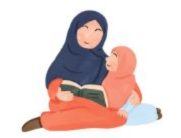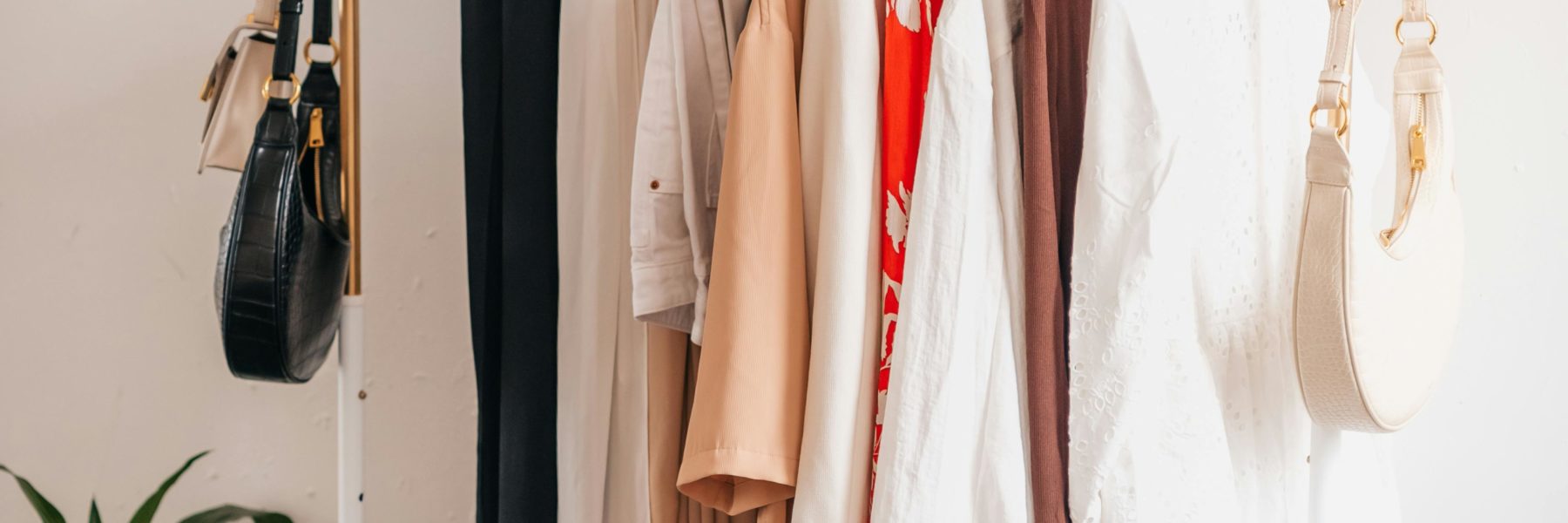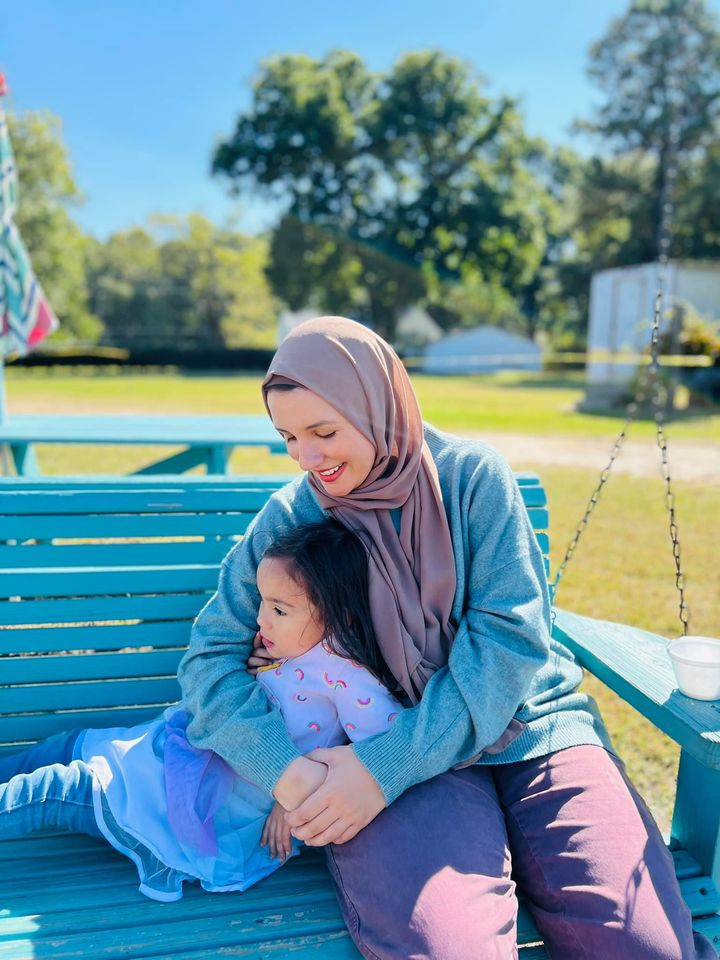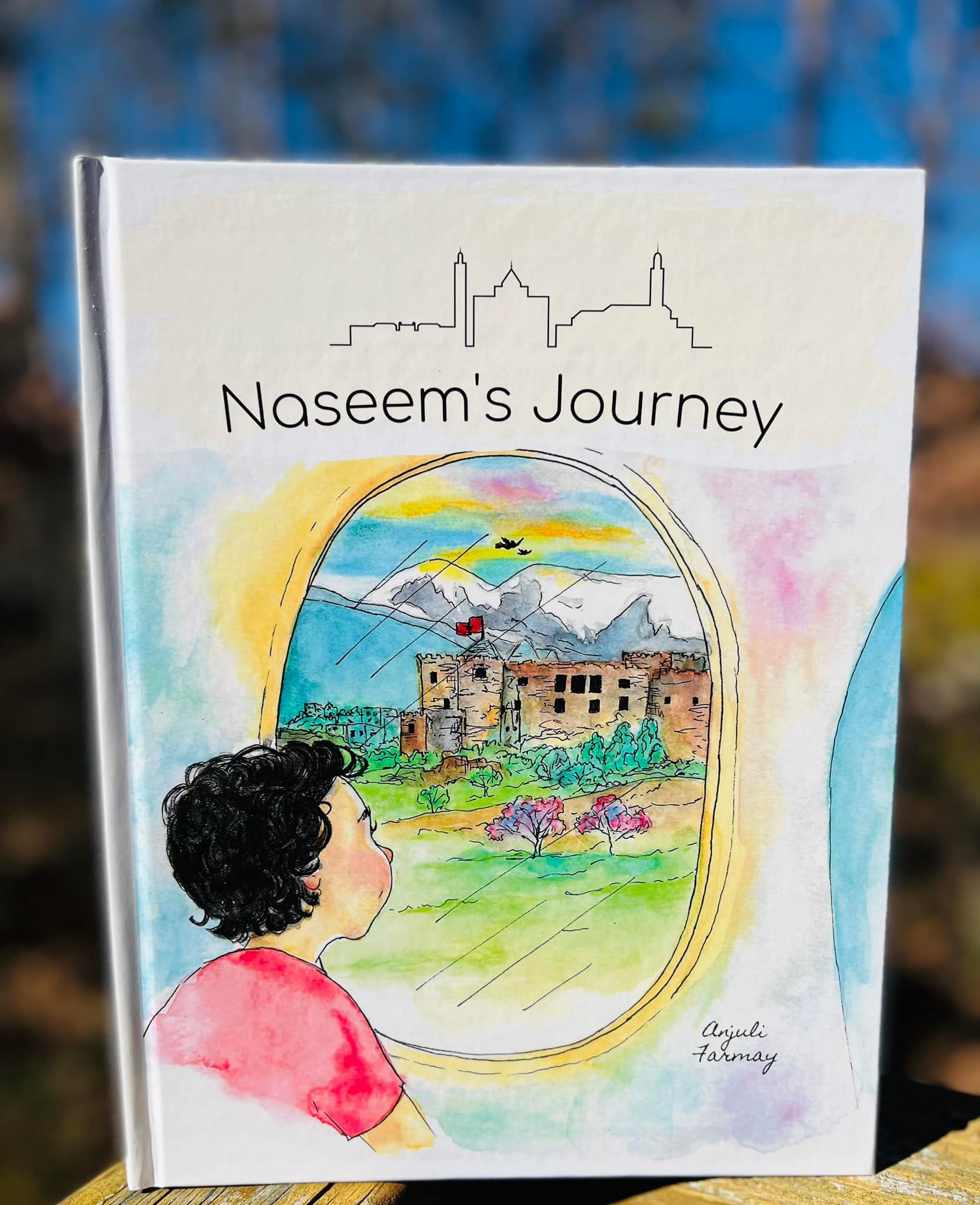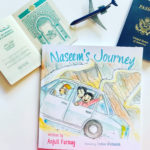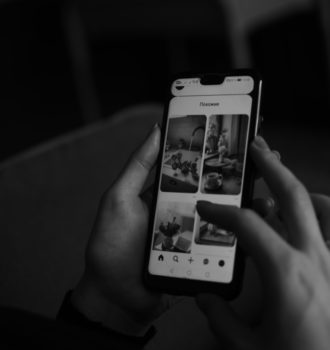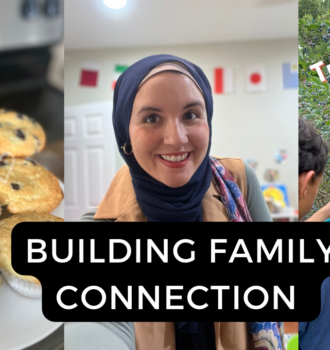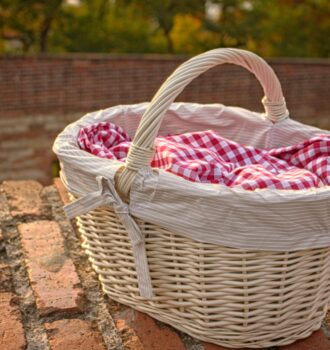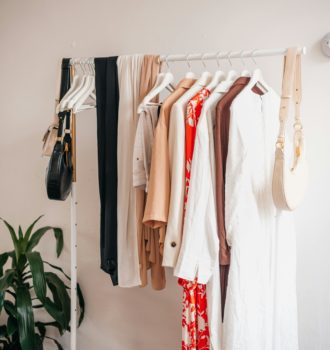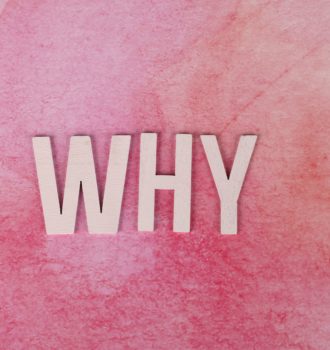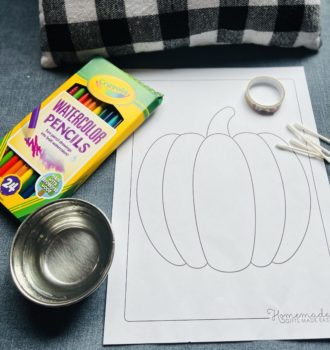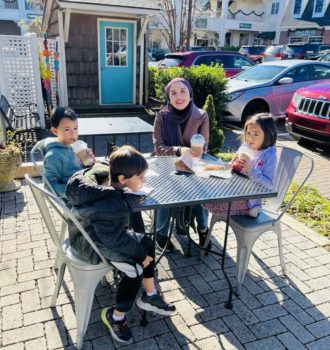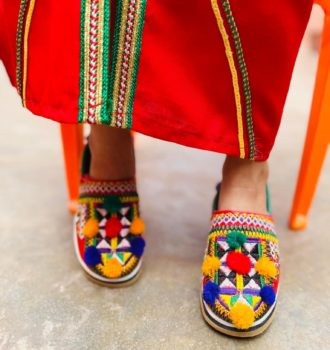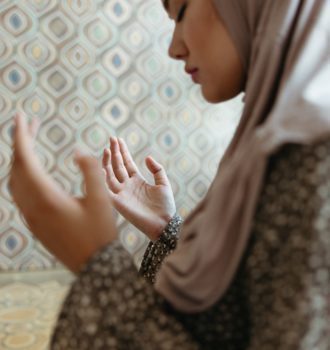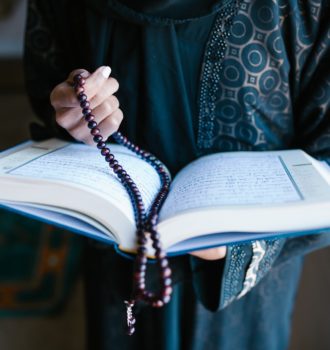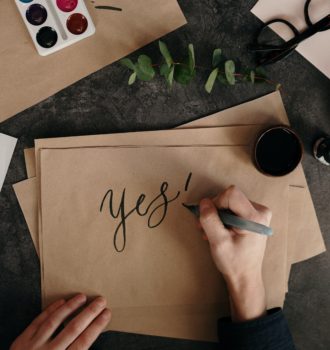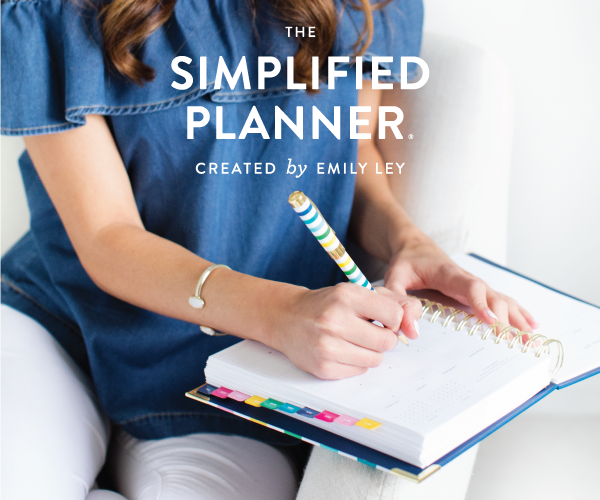Why Is Modesty Controversial?
Modesty is a controversial topic. It’s commonly associated with purity culture or oppression. Discussing dressing modesty can sometimes make another person feel as if you are judging them. Additionally, victims of sexual abuse have been blamed for how they dress rather than being protected by the law. All of this has given modesty stigma. Modesty starts from your actions and manners first and foremost. However, dressing modestly is an important topic to discuss.
Sexualization
Sexualization is rampant in our culture. It’s to the extent that sexualization even starts showing up in childhood. While shopping with my daughter, I’ve noticed that even long shirts and shorts are hard to find. There are numerous reasons why sexualization is harmful. Some of these include poor self-esteem and eating disorders, and many people start to objectify themselves. They begin to define their self-worth entirely by their looks.
My Upbringing
I didn’t grow up with the idea of purity culture. But, I did grow up with a strict South Asian father who didn’t want me to wear low-cut shirts and short dresses. I also wasn’t allowed to wear bikini bottoms but I could cover up with shorts. It wasn’t anything out of the ordinary. I would often wear crop tops and shirts that revealed my stomach but that wasn’t as much of an issue. The women around me were also fairly modest. I grew up in two cultures and my grandmother always wore Indian kurta pajamas. My mother dressed pretty typical and was never too revealing.
My Rebellious Phase and Being Influenced
I never really thought about it until middle school, when puberty hit. At this age, I started noticing music videos, fashion magazines, supermodels, and actresses. I grew up near Myrtle Beach, South Carolina and it was not uncommon to pass numerous strip clubs on the way to the mall or even visit the doctors. There would be signs that would advertise, “Girls, girls, girls”. When everyone started having crushes naturally, I wanted to be noticed. I’d sneak tank tops in my bag and change them at school or my friends and I would switch outfits in the bathroom before class started. My family ended up catching on and I’ll never forget the time my grandmother had to bring me a new shirt because I got into trouble for what I was wearing. She made sure to bring the most unattractive frumpy shirt in my closet. I know for a fact that what I was viewing on TV, the magazines that I was reading, and even the music I was listening to was influencing me to be more sexualized. Oddly, that’s when my grades started to drop in school. If my parents weren’t strict, I could promise you that I would have done things that I would regret the rest of my life.
Finding Modesty Before I Became Religious
That phase did not last long. Looking back, I wish I had more guidance at that time. It would have been better for someone to explain the importance of modesty to me. After my sophomore year of high school, I started to question society more. Every time we would pass the strip clubs, I would feel disgusted as a woman. I would question why it is that we are sexualized in everything. I started noticing that many women were not judged by their intellect. I wanted to do something to fight back against that. Around that time I started wearing tunics. When my family went to India I would ask them to bring me back some outfits. I stopped buying mainstream fashion magazines and listening to sexualized music. It was empowering and probably one of the best things I’ve ever done for my self-esteem.
Studying Islam and Hijab
Interestingly, around this time I started studying Islam. One of the things that attracted me to study Islam was the hijab ( the Muslim head covering). I honestly misunderstood it at the time. I was studying it out of fascination and because I was interested in women’s rights. I believed in the common misconception that Islam oppressed women. During my college years, I began to learn about Islam from Muslims and I even visited a mosque. I learned about the true meaning of “hijab”. Wearing the hijab also entails dressing modestly. I learned that women don’t wear the hijab for men but to stand out as believing women. Part of the hijab is character and manners and interestingly the Quran mentions men first when speaking about modesty.
Modesty Became Empowerment
After becoming Muslim I immediately wanted to embrace modesty. I started wearing longer shirts, the length of my sleeves got longer, and I started veiling. That’s when I realized even more how society is not set up for modest women to be accepted. It’s hard to find modest clothing and certain people started treating you as inferior. Lately, I am starting to branch out from my longer shirts to abayas and maxi dresses. I would not change this decision for the world. I feel like I’ve taken something back. I don’t want to be “of this world”. Dressing modestly is one of the most empowering things I have done for myself.
